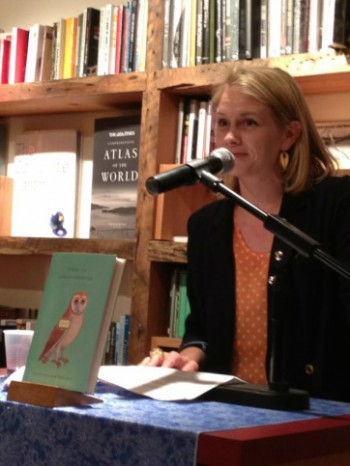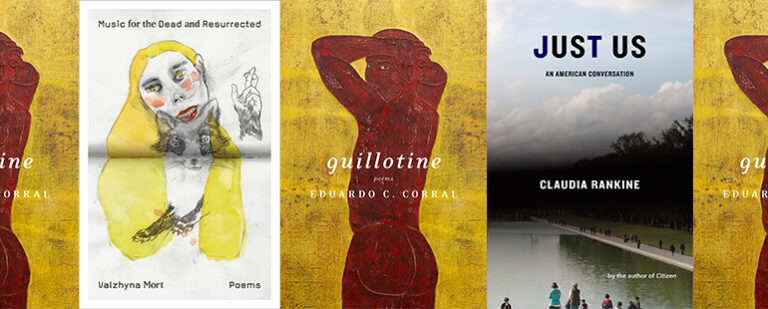Which a Minute Will Reverse

Do I dare
Disturb the universe?
In a minute there is time
For decisions and revisions which a minute will reverse.
— “The Love Song of J. Alfred Prufrock”
I didn’t do a lot of revision before beginning my MFA. This isn’t because I didn’t see the value of the process; it simply didn’t occur to me as necessary. Poems were accepted for publication or not accepted. If a poem didn’t work, I set it aside. Sometimes I revisited or mined lines from it, but apart from that, that was pretty much the end of its life.
Since starting graduate school, however, I’ve begun encountering the opposite problem: revising a poem or poems to absolute death. Most of the time this results from an attempt to incorporate too many voices and suggestions from the workshop, though occasionally it’s involved ill-fated attempts to salvage “failed” poems from the electronic dustbin of my hard drive, only to discover that whatever force animated the original work has long since dissipated.
Revision is, of course, crucial to good writing. (I once had a professor who insisted that “there is no thinking except in the writing; there is no writing except in the rewriting,” and this mantra has stayed with me ever since.) The question, then, is not whether to revise, but how. I began uncovering useful tools when I started seriously addressing the two problems I mention, which are the most common for me: trying to pack too many opinions into a single revision and trying to restart a poem that’s gone cold.
Any writer who’s gone through the workshop knows that, over time, you acquire a schizophrenic Greek chorus in your mind that comprises all the varied opinions, personalities, and perspectives to which you’re subjected while your work is being discussed. Identifying which suggestions to accept and which to forgo is tough—if you’re lucky, you’ll find that one ideal reader in your workshop who’s on the same wavelength as you, someone who understands your project and will be able to guide you in the direction you’re already trying to go. If you’re not lucky, you won’t have that person, and you’ll just have to ask yourself whenever one voice rises above the rest: What is this advice based on? Does it match my vision? Will it take this piece where I want it to go? If yes, check; if no, set aside and move on to the next voice.
When it comes to poems that have “cooled down” too much since the first draft, I’ve found that the time frame in which revision takes place is key—I can’t be too close to or too far from the piece when revising. Too near the poem, and I can’t be objective: no darlings get murdered, no oversights are addressed. Too far removed, however, and I can’t access the state I was in when I originally started writing, and I may betray the poem accidentally.
How big is this window of opportunity? It varies, but I’ve found it’s usually no less than twenty-four hours (less, and the poem is too hot to touch) and no more than two months (more, and the poem will break when bent).
For these reasons, I think poems not only need to be revised within certain temporal and emotional spaces, but can also only be revised in certain directions/ways. Cold, solidified, inflexible poems often need to be completely molten down and recast for any kind of revision to be possible. If this isn’t done, later additions or alterations will—to borrow from Billy Collins—appear “Scotch-taped on.” Other (often “warmer”) poems are more malleable, more inclined to reshaping, or may be more like computers or rifles, consisting of interchangeable parts that can be effectively swapped around, added, or removed without compromising the integrity of the whole device.
In all cases, the ultimate realization to which I’ve come is this: revision is only useful insofar as it’s an actual “re-visioning” of the original piece. A revised poem or short story has to get closer to what the original was driving at; it has to be clearer, leaner, more complete—whether by omission of clutter or the inclusion/exchange of words, images, and ideas. The first draft isn’t always the best, but, more importantly, it’s not always the closest to the idea I want to communicate. The closer I get to that primacy of language, the better and more evocative I’ve found my writing can be.


